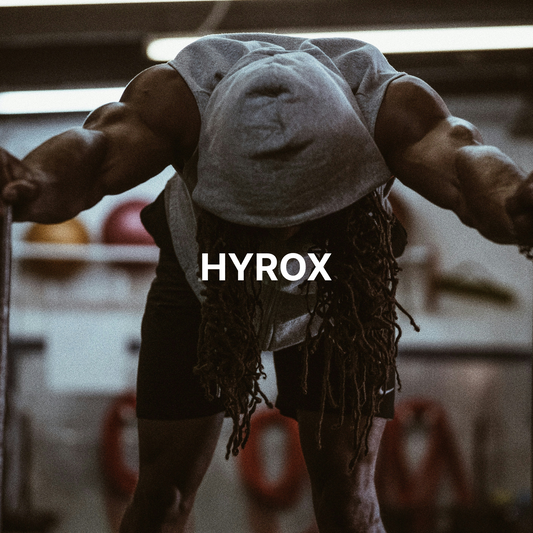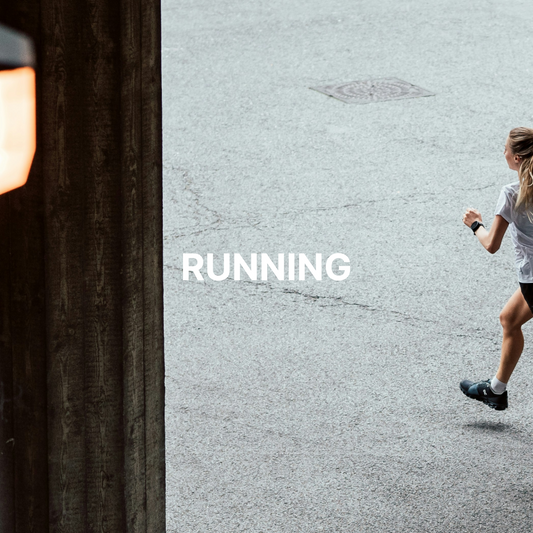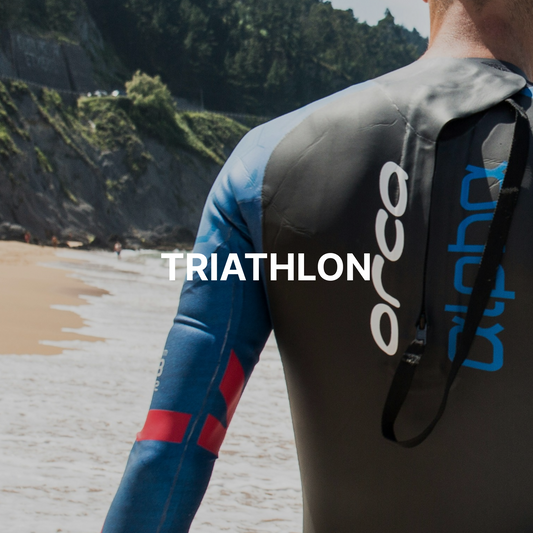
Strenuous Evening Exercise and Sleep: Key Insights from WHOOP, Monash, and Harvard
When it comes to maximizing performance, recovery is just as critical as training itself. Recent groundbreaking research conducted by WHOOP, in collaboration with experts from Monash University and Harvard Medical School, sheds new light on how evening exercise affects our sleep and overall recovery.
The study, published in the esteemed Nature Communications, analyzed an extensive dataset: 4.3 million nights of sleep from nearly 15,000 active WHOOP users worldwide. This makes it one of the most comprehensive studies ever conducted on exercise timing and sleep quality.
In-Depth Findings from the Study
The research explored the dose-response relationship between evening exercise timing, intensity, and sleep quality. Here’s a detailed breakdown:
• Strenuous Evening Workouts Disrupt Sleep: High-intensity workouts close to bedtime significantly delay sleep onset (by as much as 80 minutes), shorten total sleep duration (up to 13.9% shorter), and reduce sleep quality, making restful sleep challenging.
• Impact on Autonomic Function: Intense workouts conducted late in the evening resulted in measurable physiological stress, including elevated nocturnal resting heart rate (RHR) and decreased heart rate variability (HRV). These metrics are crucial indicators of recovery, suggesting impaired recovery processes and autonomic imbalance.
• Timing and Exercise Intensity Are Key: Interestingly, workouts completed four or more hours before bedtime showed no adverse effects on sleep. However, those completed closer to bedtime showed a progressively negative impact, especially as intensity increased.
• Physiological Mechanisms Explained: The study highlights that high-strain exercises lead to increased sympathetic activity (fight-or-flight response) and delayed parasympathetic activation (rest-and-digest response), crucial for initiating and maintaining healthy sleep.
Why It Matters for Hybrid Athletes
For athletes balancing endurance, strength, and conditioning, recovery is essential. Sleep is a crucial phase where the body repairs tissues, consolidates memories, and promotes muscle growth. Poor sleep not only negatively affects immediate performance but can also increase long-term injury risk and slow recovery.
This research underscores the importance of not only the intensity and type of training but also the timing. Athletes committed to pushing their limits must consider when they train to maximize recovery and performance benefits.
Practical Recommendations
In light of these detailed findings, here are clear, actionable recommendations:
• Schedule high-intensity or lengthy workouts to end at least four hours before bedtime.
• Opt for lower-intensity activities if late-night training is unavoidable.
• Track recovery metrics such as resting heart rate and heart rate variability using devices like WHOOP, Oura, Apple Watch, to adjust your training appropriately and optimize recovery.
Our Commitment at Hybrid Athlete Culture
Hybrid Athlete Culture is dedicated to empowering athletes through science-backed strategies to enhance both performance and recovery. This groundbreaking research perfectly aligns with our philosophy, helping athletes make informed decisions to reach their fullest potential.
For those looking to explore the science in greater depth, read the complete study published in Nature Communications here.



